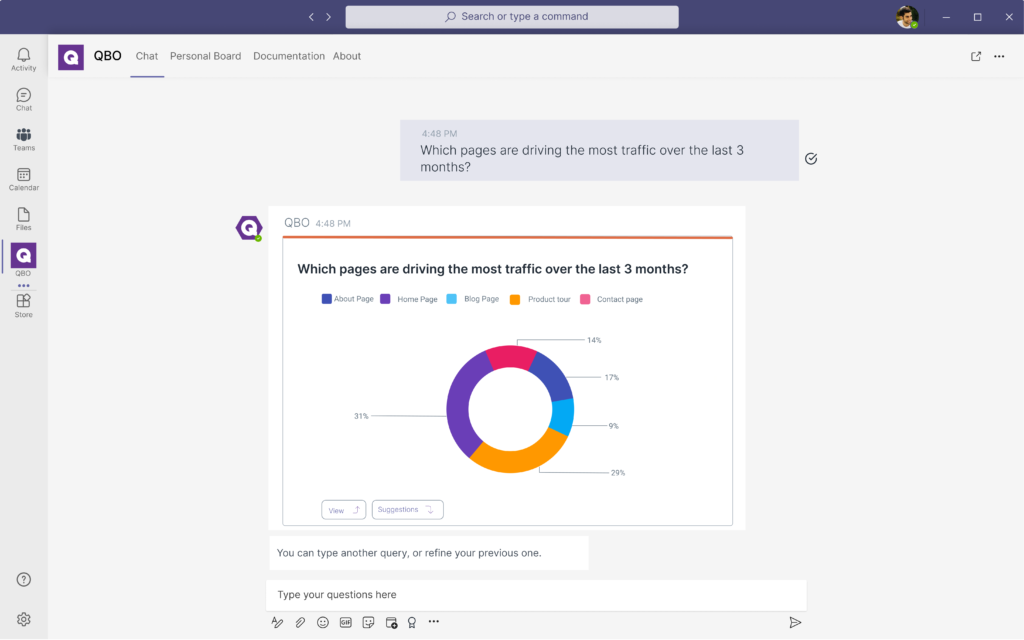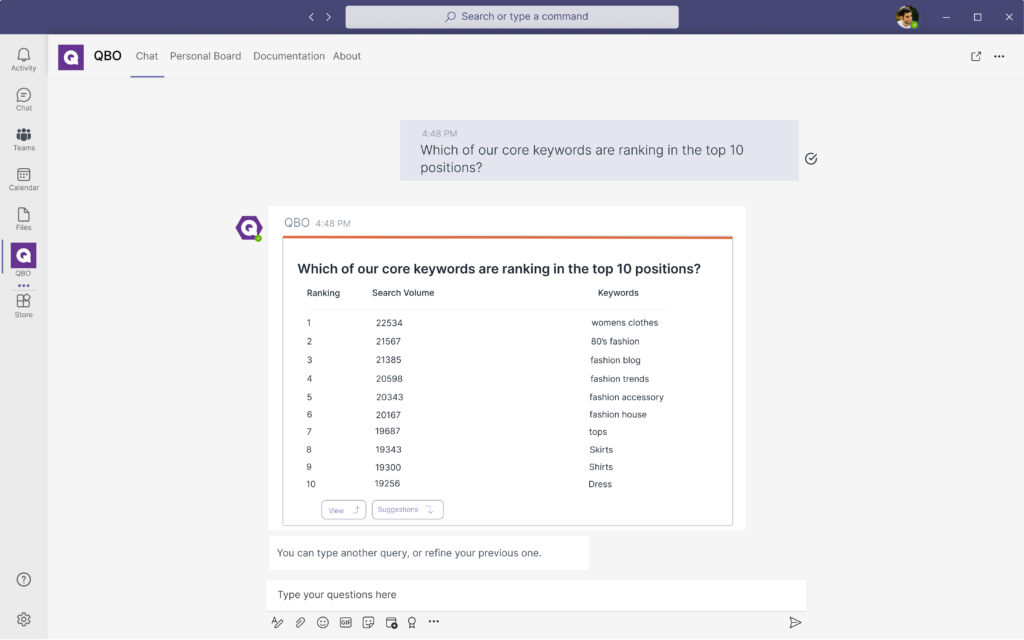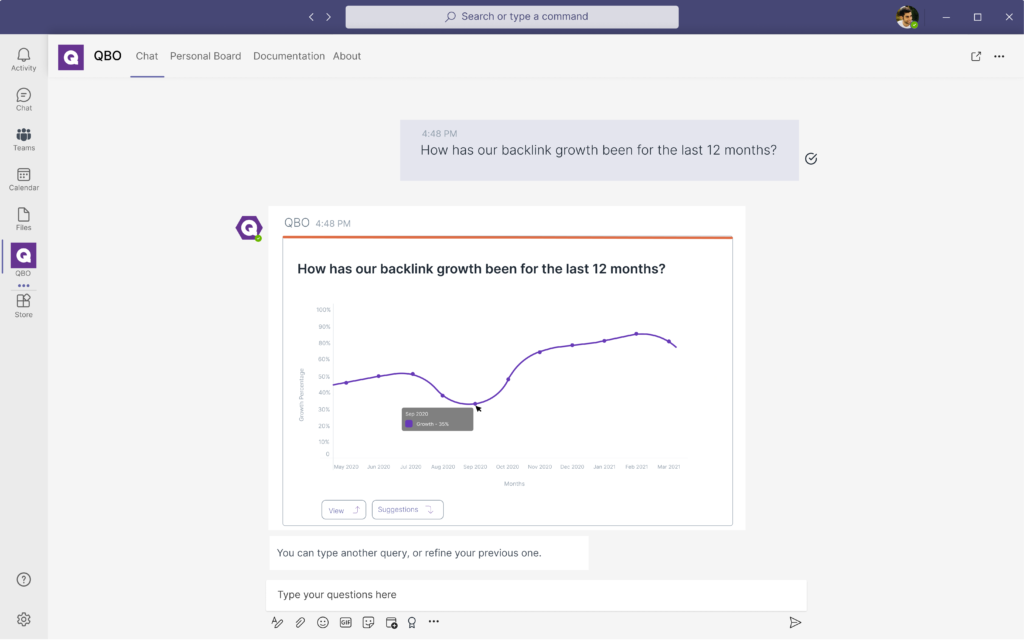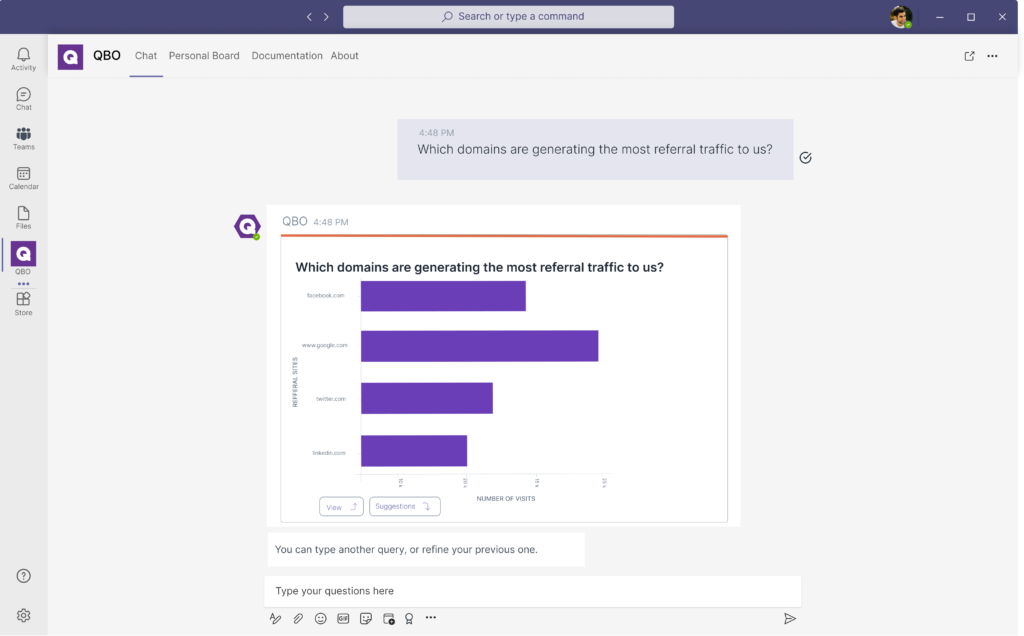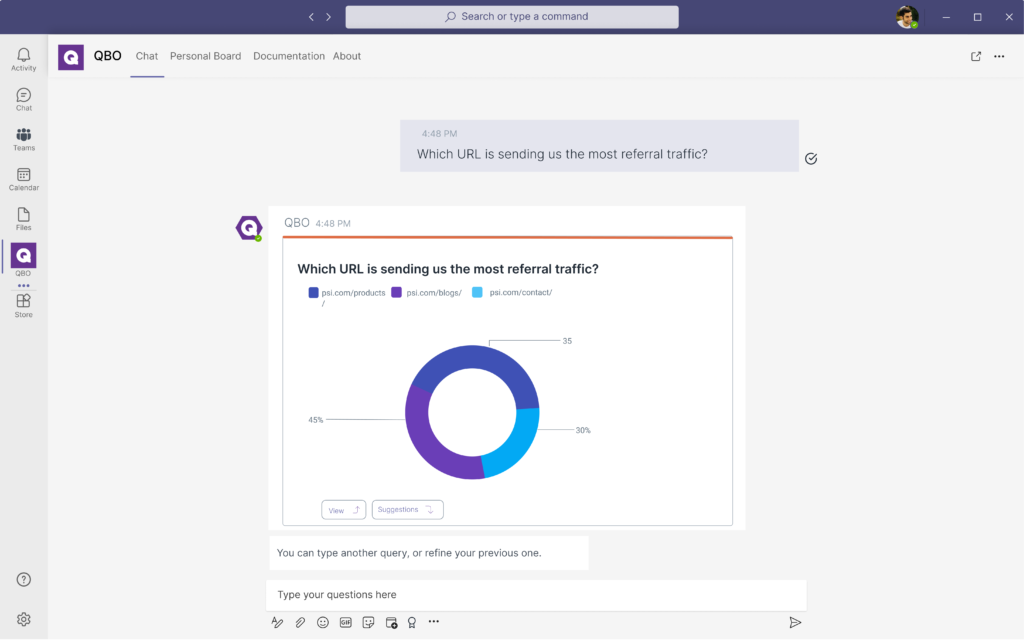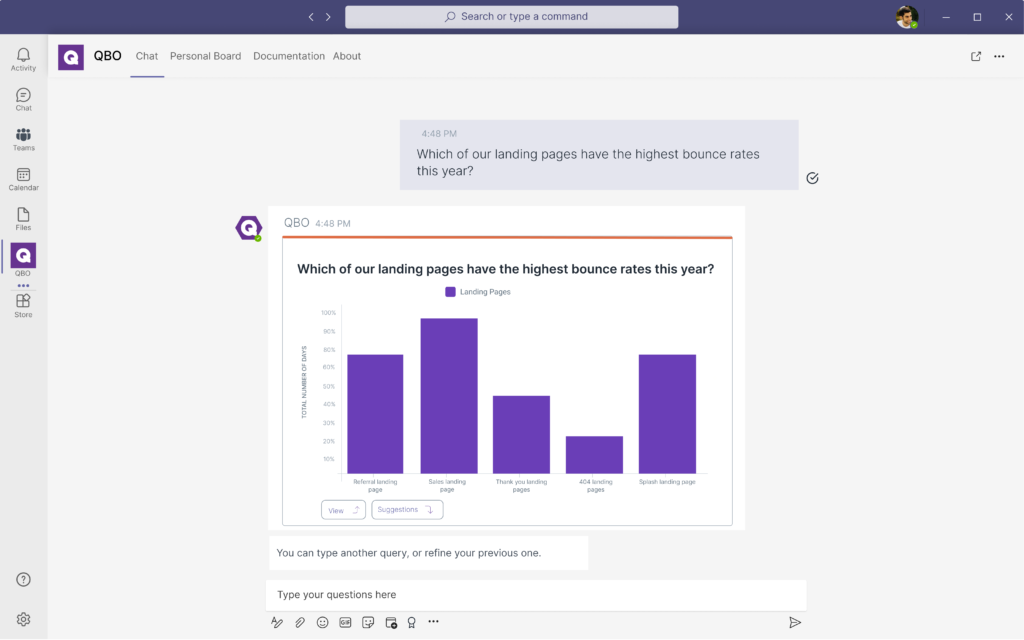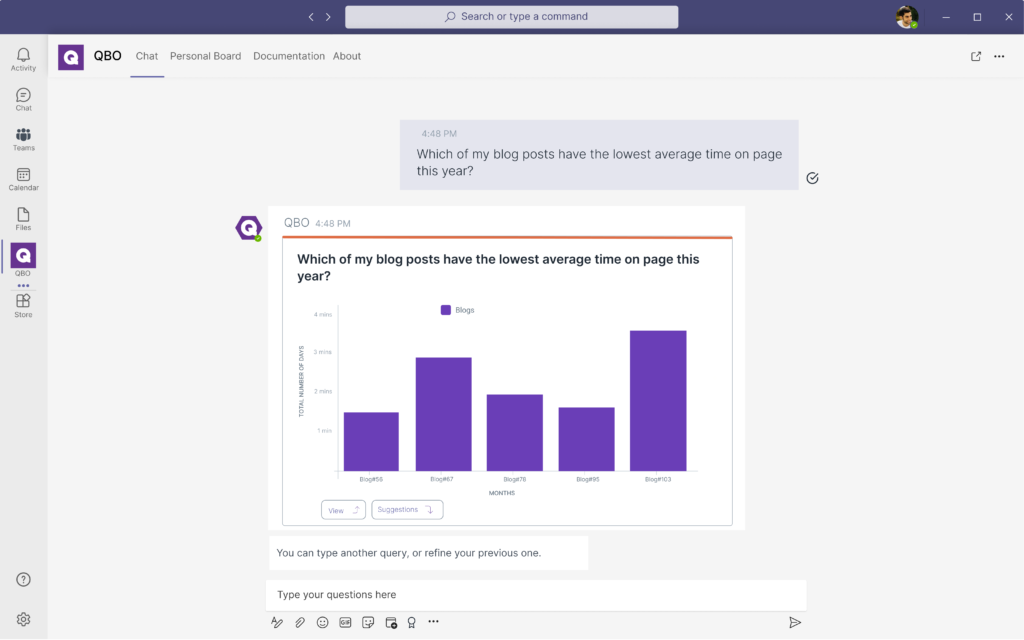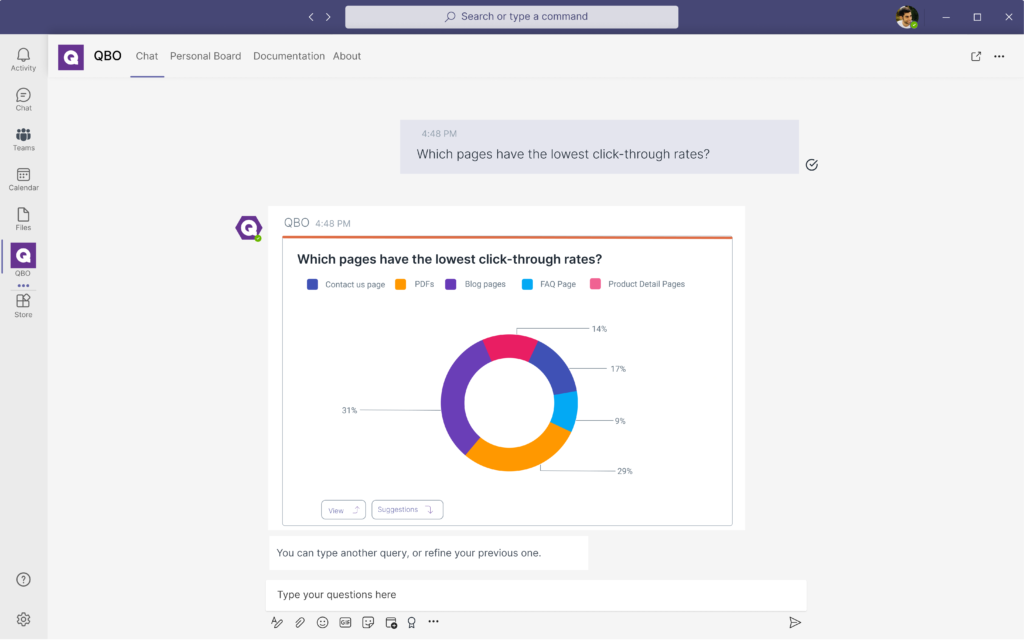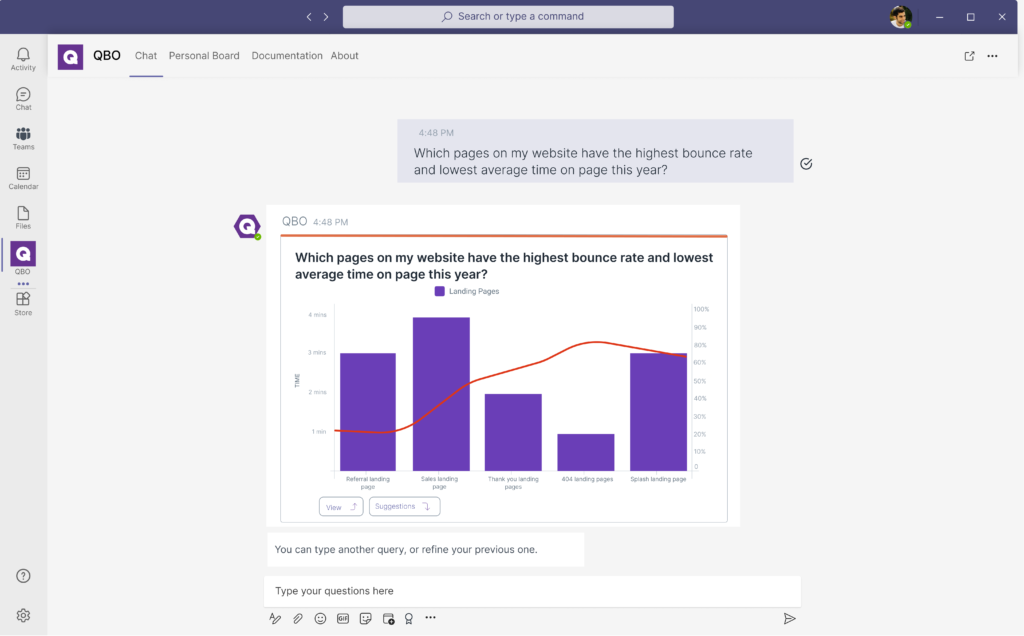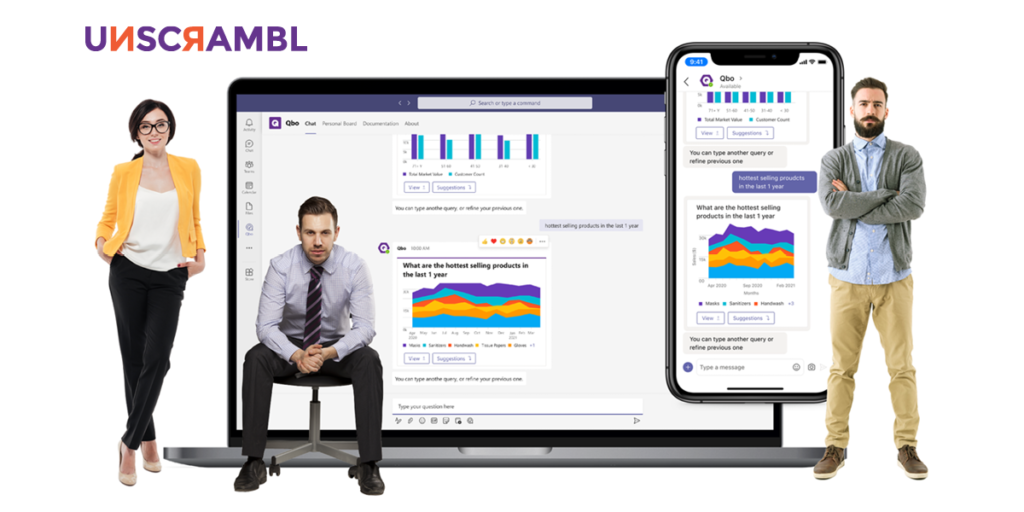 8 Minutes
8 Minutes

The Top 10 SEO Metrics To Track For Digital Marketing Success
SEO is one of the most reliable ways to build brand awareness and reach a targeted audience with a high intention to convert.
However, as a marketer, measuring success can get difficult unless you understand the key metrics to track to ensure your efforts and content campaigns are working right.
Thankfully we have all the tools we need for free, Google Search Console and Google Analytics, that we can use – to analyze if our digital marketing strategies are bearing fruit or if a hard pivot is needed.
Coupled with the power of business intelligence, marketers will be able to gain insight into their marketing activities and enable immediate course correction, from their content creation to distribution efforts.
In this article, we will go through the top 10 SEO metrics to track and how business intelligence can help marketers better analyze their metrics to better optimize their digital strategies.
The 10 Top SEO Metrics To Track & Glean Insights From
1. Organic Traffic
Organic traffic measures all of the visitors of your website that are coming organically from search engines.
While your overall traffic numbers are a decent indication of your website’s performance, monitoring and analyzing your organic traffic should be at the forefront of your tracking routine.
Consistent growth in your organic traffic is a good quantifiable measure that your SEO efforts, from keyword targeting to content creation, are driving traffic and eyeballs to your website.
The more traffic you have, the higher the probability and chances of bringing in leads and conversions to your business.
With Qbo, you can swiftly analyze your organic traffic and gain in-depth insights to better understand which pages or content are performing the best.
You can ask diagnostic and descriptive questions such as:
“Which pages are driving the most traffic over the last 3 months?” “Why is there a drop in our organic traffic over the last week?”
And gain a deeper understanding of your organic traffic beyond just tracking its growth.
2. Keyword Search Rankings
Every business has commercial keywords that you want to rank as well as other informational keywords that you might also rank as you embark on content marketing.
It is important to monitor your search rankings as it correlates directly with your SEO success.
A higher search position means you’ll get more traffic to your website, especially to your money pages where conversions can take place.
While you can utilize rank tracking tools such as SEMrush or Ahrefs, all you need is the free Google Search Console that can provide you with the metrics.
You’ll be able to find out the queries each specific URL has received impressions under.
With business intelligence, you can supercharge this process by asking questions directly to your ranking data such as:
“Which of our core keywords are ranking in the top 10 positions?” “Which keywords rankings have been dropping over the past year”
Getting swift insights, especially in the form of real-time alerts, can help marketers quickly diagnose and take corrective actions on their approach.
3. Backlinks
Backlinks are one of the most important SEO metrics to track.
In fact, it is widely correlated that articles and pages with more quality links tend to rank higher, especially in competitive search terms.
Backlinks are officially one of Google’s biggest ranking factors.
As a marketer, you’d want to track your backlink growth and you can easily do this by either utilizing your Google Search Console or paid tools such as Moz to give you a better look at your backlink profile.
Coupled with business intelligence, you can ask insightful questions to your backlink data including:
“How has our backlink growth been for the last 12 months?” “Which of our pages or blog posts has the fastest backlink growth rate?”
This will allow you to better understand if you’d need to create more link-worthy content for your audience.
4. Referral Traffic
Referral traffic is simply the traffic coming to your website from other websites and sources outside of a search engine.
It can be from a 3rd party website that naturally linked to you or from an intentional guest post that you embarked on to an authority website.
Many marketers today understand that building backlinks and establishing authority through guest posting is important and earning referral traffic is a by-product of such activities.
Tracking it, which can be done through Google Analytics, will allow you better refine your guest blogging strategies for future campaigns.
With Qbo, you can immediately refine your data further to gain insight by asking questions such as:
“Which domains are generating the most referral traffic to us?”

You can even filter down your analysis to specific guest posts:
“Which URL is sending us the most referral traffic?”

5. Bounce Rate
Your bounce rate is one of the most important engagement metrics on your website – it represents the percentage of visitors who left your site without clicking any link or went deeper into your website.
You can easily track your bounce rate through Google analytics.
Generally speaking, a website with a high bounce rate signals to Google that your page might not be relevant to your readers or not what they expect which could negatively impact your search engine rankings.
The objective here is to keep your bounce rate as low as possible through a variety of ways such as better copywriting as well as more engaging visuals and design.
With Qbo, you can analyze your bounce rates even further and swiftly prioritize the pages to optimize first by asking questions to your data such as:
“Which of our landing pages have the highest bounce rates?”

In fact, with Qbo’s capability ‘QPacks’, marketers will be able to pre-program applications of the analytics to pick up important changes in your metrics. For example, if your bounce rate increases past a certain point, Qbo will provide you proactive alerts.
This is especially useful to identify conversion optimization opportunities when you are running paid marketing campaigns.
6. Average Time On Page
The average time on page is a metric that showcases how long your visitors spend on a particular page or blog post on your website.
This is a particularly important metric to determine if the content is fulfilling your reader’s expectation as well as if it is engaging enough to their attention for them to read all the way to the end.
A low average time on a page can signal to Google that your content might not be highly relevant to your reader – which could lower your search rankings.
With Qbo, you’ll be able to instantly diagnose your lowest-performing pages, especially the ones that drive revenue for your business – such as your pricing and product pages.
Through conversational analytics, you’ll be able to ask insightful questions to your data such as:
“Which of my blog posts have the lowest average time on page compared to the median?”
This allows you to drill deeper into your content pieces to optimize the content or change its angle to better suit your reader’s needs.
7. Click-Through-Rate (CTR)
Your CTR is a clear measurement of the organic engagement of your post or page on the search results page.
A low CTR would mean your post title might not be enticing enough or your meta description did not add enough value for your reader to click through.
By tracking the CTR rate, you will be able to take corrective action on your on-page optimization to boost the page’s relevance and persuasiveness.
Through Qbo, you can instantly identify key pages with a low CTR by asking questions such as:
“Which pages have the lowest click-through rates?”

8. Page Speed
Your page speed measures how fast the content (including text, visuals, and design) on your website loads.
Page speed is a ranking factor on Google and the faster your website loads, the higher your page will rank in Google as it is a signal of good user experience.
You can head here to test your website and page load speed here for free.
While there is no in-built tool to track your page speed, there are other engagement metrics such as the average time on page and bounce rate for which you can use Qbo to analyze and identify pages that have a bad user experience.
“Which pages on my website have the highest bounce rate and lowest average time on page.”
This allows you to better pinpoint page speed issues and resolve them faster, especially if you have a website with hundreds or thousands of pages.
9. Conversion Rate
Your organic conversion rate is perhaps the one metric that directly impacts your business’s bottom line but is a result of the rest of your metrics.
It measures the percentage of your traffic that has taken an action (conversion) that you deem valuable such as signing up for your lead generation magnet or a direct sale.
You can easily access this information through custom goals set up in Google Analytics.
Depending on the intention of your page, you can choose to track different types of conversions such as a purchase, email sign-ups, or form submissions
With Qbo, you will be able to draw insights into your conversion rate data by asking questions such as:
“Which of my sales pages have the highest conversion rates and which have the lowest?”
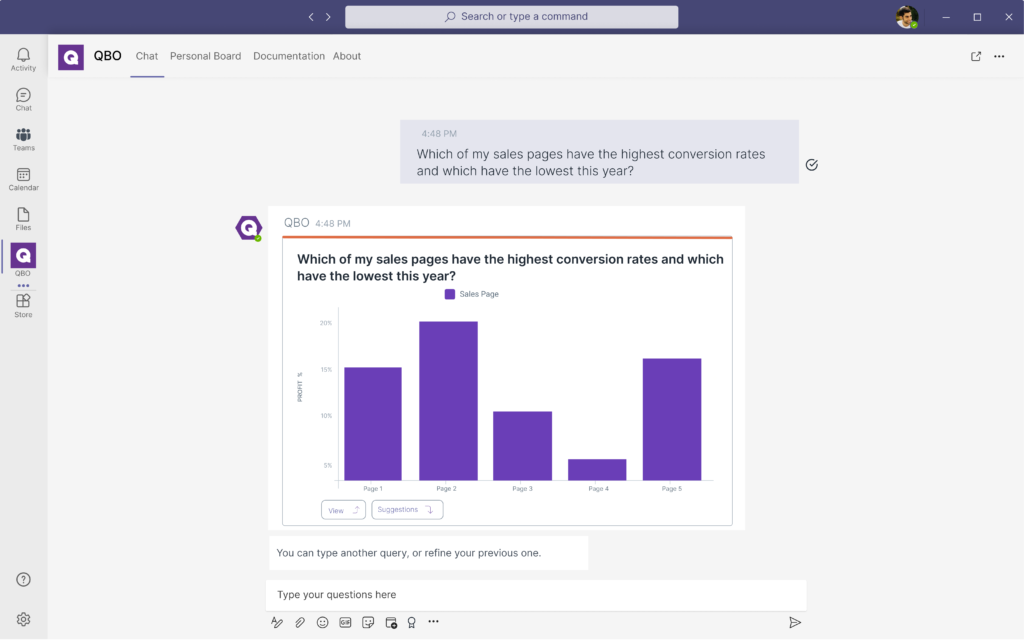
10. Domain Authority
Your domain authority is an external metric that you can check for free with either Moz’s tool or the Ahrefs tool.
It is a measure of how authoritative your website (domain) is as a whole which takes into consideration your domain age and to a larger degree the amount & quality of your backlink profile.
Essentially as time passes, you want to check if your domain authority is growing and more importantly, if it is on the level or surpasses your competitors in the industry.
Gather Valuable Insights From Your SEO Metrics Today
At Unscrambl, we have developed Qbo, an AI-powered conversational analytics BI tool packed with powerful capabilities like QPacks that provides you with real-time alerts on your SEO metrics.
It’s time to make better data-driven decisions and accelerate your SEO efforts for greater digital marketing success. With Qbo, businesses will be able to build a data-driven culture that will permeate through their entire organization, beyond just digital marketing.
Give Qbo a try with a free 14-day trial and see how easy it is to draw actionable insights on your data!

